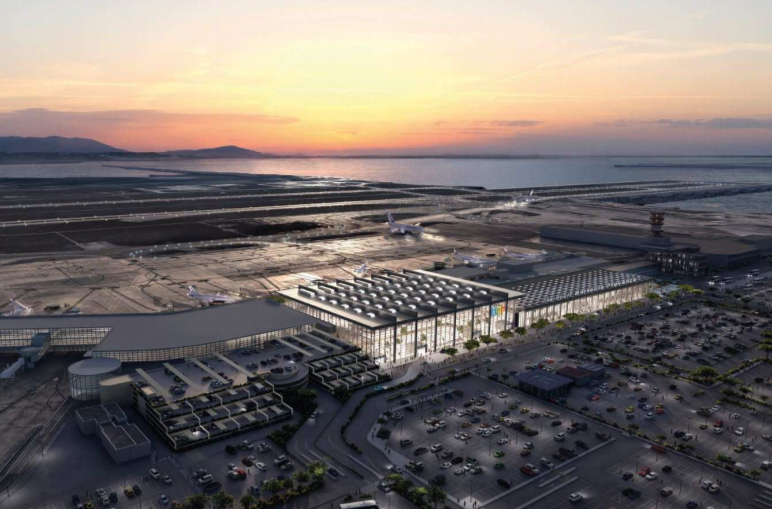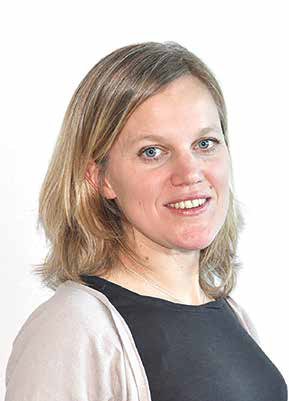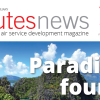
Véronique Lemée-Alexandre, head of market research and route development at Marseille Provence Airport.
 What were your high points of 2017?
What were your high points of 2017?
In terms of network development, 2017 has been a great year for Marseille Provence Airport. If you compare this summer with the summer of 2016, we have added 20 routes, with new shorthaul destinations including Berlin, Vienna, Alicante, Florence, Olbia and Split. We also have new long-haul routes operated by Air Canada and Air Austral.
We have seen record numbers every month since the beginning of the year. We expect to have added 500,000 passengers in 2017, which will hopefully take us over the symbolic nine million passenger mark.
The airline portfolio has also diversified, with a better balance of market share between our partners. The ranking of airlines has changed in 2017 too, with a large increase in traffic from easyJet, Vueling, Volotea, Tunisair and Brussels Airlines, to name a few.
Finally, 2017 has been the year that we were able to begin a number of investment projects, which will develop over the next five years. The total value of these comes to half a billion euros and includes terminal extensions, improvements in airport accessibility and enhancements to the passenger experience.
What are the key issues and opportunities for 2018?
We will start 2018 with a new longhaul route to La Reunion from Air Austral, additional services to Dakar with Aigle Azur and new flights to the French Caribbean with XL Airways.
Long-haul growth is key as these routes drastically widen our catchment area and pay off in terms of passenger spend. We see huge opportunities, with targets including New York, the French Caribbean, Havana, Bangkok, Dubai, Beijing and Shanghai.
Our challenge is that there is still significant interest from airlines to serve Europe’s capitals at the cost of regional airports. This is particularly true in France, because so much business is centred on Paris. The new long-haul low-cost model could change things, with new-sized aircraft that better fit the regional markets. Global traffic rights in France are an issue too, and will always be a brake on growth.
But I am confident about the future, thanks to increasing awareness of Marseille as a leisure and business destination, the appeal of Provence and a booming cruise market that is a lever for air traffic growth from North America and Asia.
We are expecting 15 new routes in 2018, mostly medium-haul. Volotea will base two aircraft in Marseille from April 2018 to launch nine routes to the Greek and Balearic islands, Funchal, Biarritz and Caen and operate 19 destinations in total. Ryanair will add a 31st destination, Frankfurt, to its Marseille network.
Our tourism partners are delighted Swiss will arrive as well – the Marseille-Zurich route has been unserved for more than 15 years! On medium-haul, we are still missing direct traffic to Russia, Scandinavia and some Eastern European countries.
Best and worst parts of the job?
I am proud of what we do on a daily basis: making connections between Marseille and other cities, between communities and between businesses, and contributing to the local economy. The best part of the job is to see our airline partners happy with their traffic performance, and this is something the whole team shares.
We aim to build strong business cases, so we analyse routes before launch and check to see how they perform after launch. If there is a worst part to my job, it is a long-term undertaking! We believe that if there is a potential market for a direct flight we will keep on working until we make it a reality. I tell my team to never give up.
It is especially satisfying to achieve a long-term project. Turkish Airlines is a great example – we negotiated for seven years before welcoming its aircraft, have seen it add frequencies year after year and now have it scheduled to fly with an Airbus A330 on some dates this summer.





